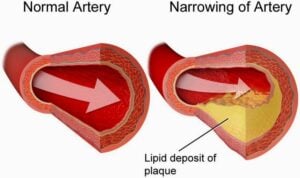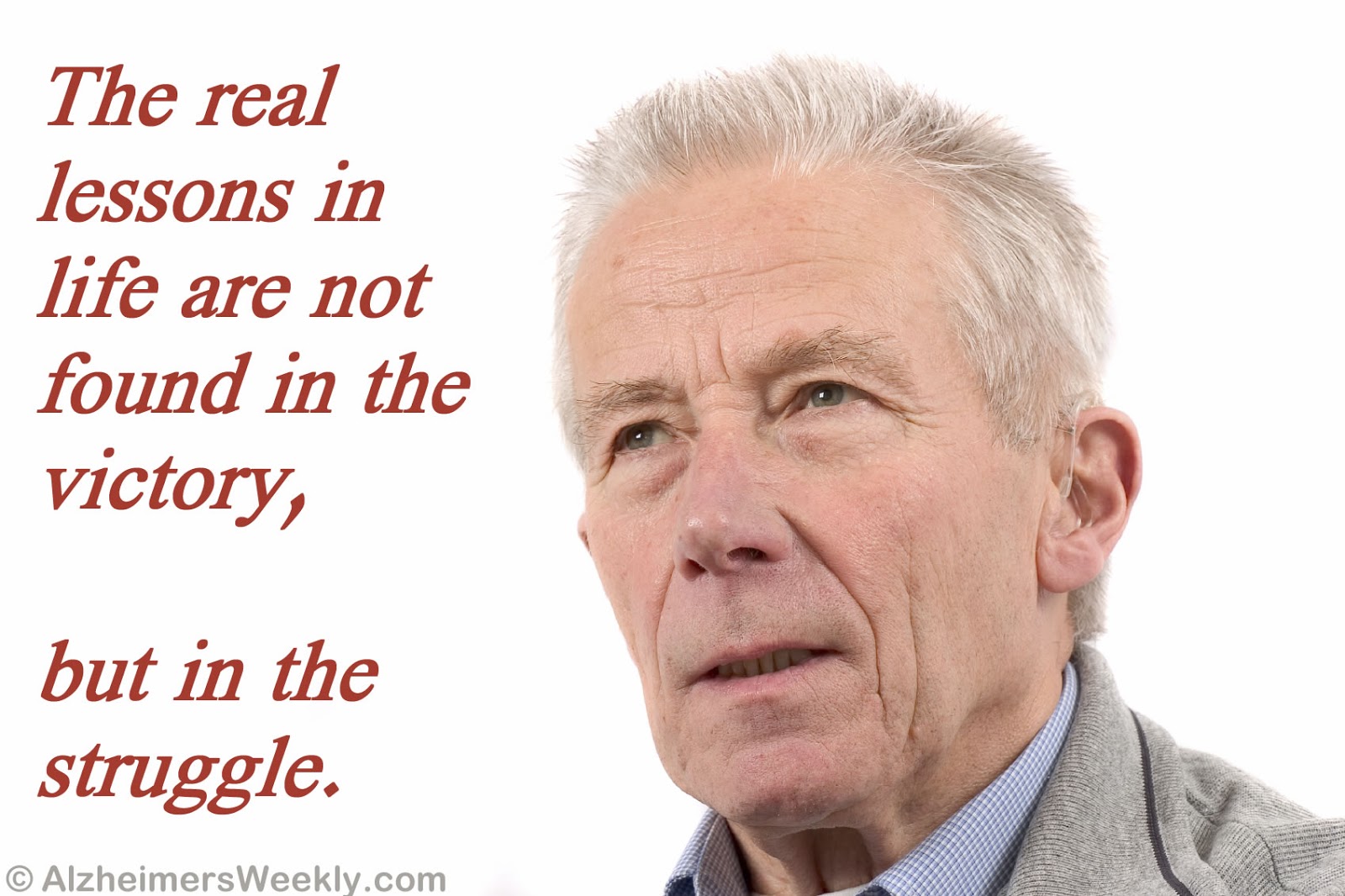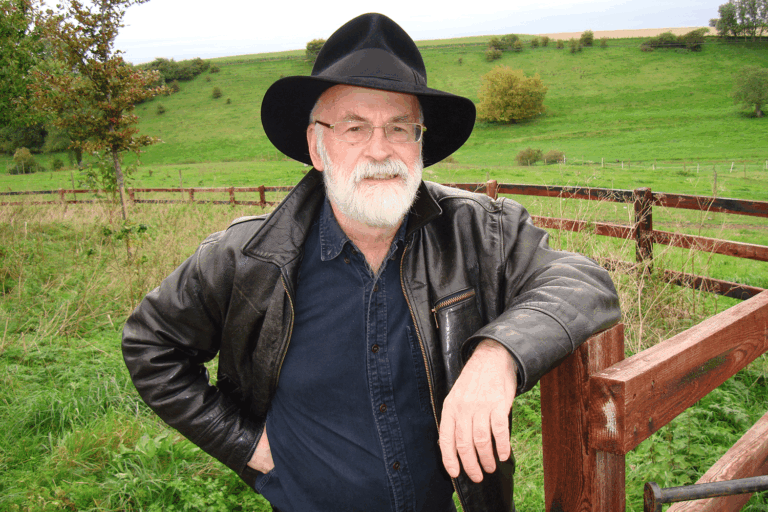Why Waking Up at 4:30 AM Might Just Save Your Brain
This morning over breakfast, a friend grumbled that he went to bed early… and still woke up at 4:30 AM. He expected sympathy. Instead, I told him he might be onto something brilliant—a sleep schedule that could actually help prevent Alzheimer’s.
It sounds wild, but it makes sense.
Dementia now affects nearly half of all people over 85, according to the Cleveland Clinic. That’s not just a statistic—it’s a warning. And while researchers are still uncovering all the causes, one thing is becoming clear: sleep plays a huge role in brain health.

During deep sleep, the brain does some of its most important housekeeping. It clears away plaque and other metabolic “junk” left behind by a day’s worth of thinking, learning, and doing. Skip that process repeatedly—stay up under artificial lights, then jolt awake with an alarm—and you’re interrupting the brain’s cleanup crew.
Do that for 50 years, and it’s no wonder we see a rise in cognitive decline, dementia, and what some call the “Alzheimer’s plaque cascade.”
So maybe waking up at 4:30 AM isn’t a problem. Maybe it’s your brain saying, “Thanks for the early night— I needed that. Now that I slept enough, my thinking’s clear and ready for the day ahead.”
🧠 Deep sleep might be your brain’s secret weapon against Alzheimer’s.
Research from UC Berkeley’s Center for Human Sleep Science, published in BMC Medicine, suggests that non-REM slow-wave sleep—the deep, restorative kind—could act as a cognitive life raft, helping older adults stay mentally afloat even when their brains show signs of Alzheimer’s disease.
Sleep Aids on Amazon
Sleep Machines & Electronics
Here’s the fascinating part:
- People with high levels of beta-amyloid (also referred to simply as “plaque”, a protein linked to Alzheimer’s) usually experience memory decline.
- But in this study, those who got more deep sleep performed better on memory tests—even with the same amount of brain pathology.
- Deep sleep seems to buffer the brain, preserving memory where it might otherwise falter.
🛌 Why this matters:
- Unlike education or lifelong habits, sleep is modifiable. You can improve it—tonight.
- Researchers call deep sleep a potential “cognitive reserve factor”, like mental armor against neurodegeneration.
🧪 The study involved 62 healthy older adults. After sleeping in a lab (monitored by EEG), they took memory tests. Those with more deep sleep outperformed peers with similar brain changes but poorer sleep.

🛟 As lead researcher Matthew Walker put it: “Think of deep sleep almost like a life raft that keeps memory afloat, rather than memory getting dragged down by the weight of Alzheimer’s disease pathology.”
Watch Professor Walker lay out some helpful tips for getting some shut-eye in his TED Talk:
💡 Takeaway: Prioritize sleep. It’s not just rest—it’s resilience











